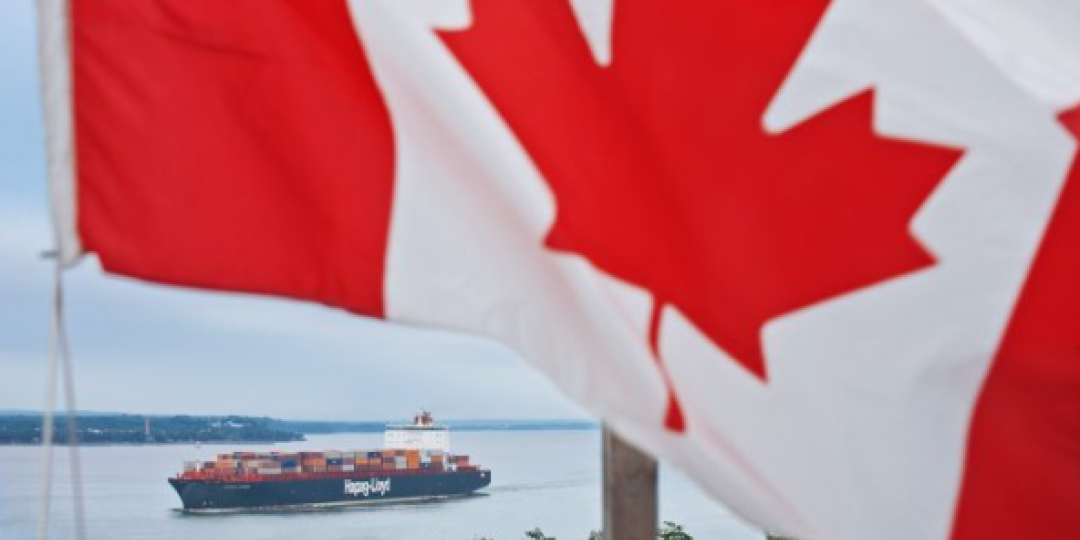Canada’s port operations have ground to a standstill after hundreds of dockworkers downed tools on Monday, badly affecting US-bound trade ahead of the festive season.
The country’s biggest ports, the Port of Vancouver and the Port of Prince Rupert in British Columbia, have closed with no sign of progress in negotiations between the International Longshore and Warehouse Union Local 514 and the BC Maritime Employers Association, to break the deadlock.
This comes after the union raised a dispute over wages and working conditions and highlighted its concerns about automation in port operations.
Dockworkers started limited strike action on Monday at 8am Pacific time (4pm GMT) and the BC Maritime Employers Association took a swift decision and locked out workers at 4:30pm Pacific time.
A partial strike is also blocking 40% of container traffic of the Port of Montreal, according to the Maritime Employers Association, which represents port terminal operators.
Export commodities affected by the strike include potash, coal, pulse crops, beef, pork and forestry products, while imports of components from Asia and Europe headed to local manufacturers are also affected. However, according to the country’s labour rules, bulk-grain shipments are excluded from the supply chain disruption.
ILWU Local 514 union President Frank Morena said in a statement that employers had “deliberately and irresponsibly” overreacted by locking workers out to compel the government to enter the fray and end the labour dispute. He said the union was ready to resume talks with employers.
Meanwhile, British Columbia’s mining industry has called on the federal government to step in.
Mining Association of British Columbia CEO, Michael Goehring, said: "The supply chain disruptions and economic repercussions associated with this job action could be substantial.”
He said the mining sector was still recovering from strikes at the country’s railway companies a few months ago.













